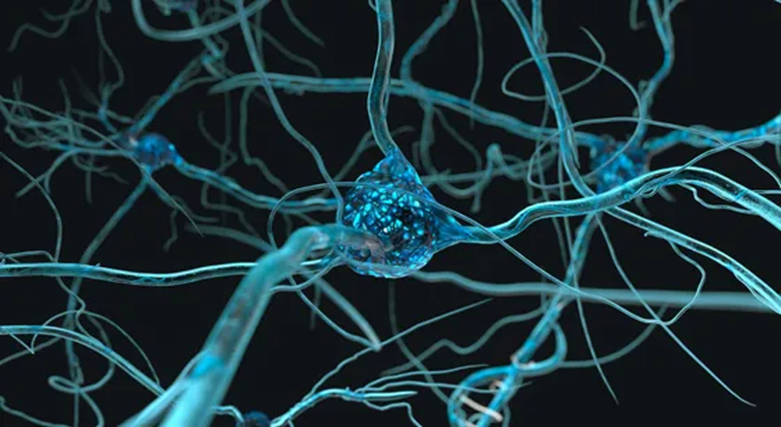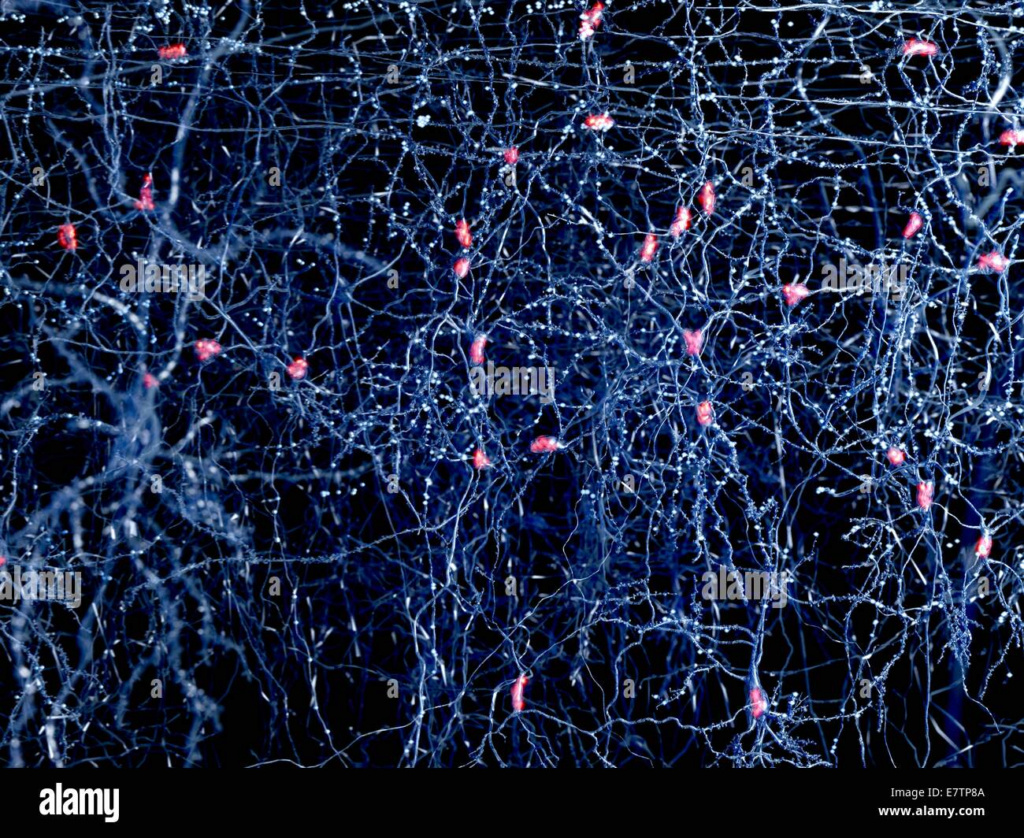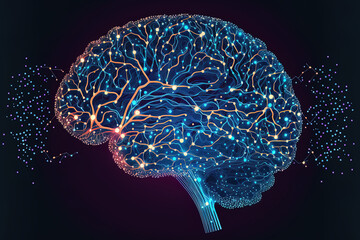"The birth of knowledge": the great scientific minds meet

The brain is like a huge galaxy, made up of nearly 200 billion cells. How does an idea come about? Does a "scientific mind" exist? These are the questions highlighted in the book "The Birth of Knowledge" by Nicolas Martin, published by Les Arènes.
With
Nicolas Martin Author, screenwriter, director, producer, popularizer, and former animator of the Scientific Method.
Yves Agid Emeritus Professor of Neurology and Cellular Biology, member of the Academy of Sciences and member of the ICM at the Pitié-Salpêtrière Hospital.
Hélène Loevenbruck Linguist, neuroscientist, and director of research in the psychology and neuro-cognition laboratory, in Grenoble.

How do the greatest researchers of our time think? How are their thoughts organized? In words, in images, or perhaps in concepts?
Does an astrophysicist think like a linguist? These are all questions posed by this book, which brings together the testimonies of 17 great scientists. There are 2 Nobel Prizes, 6 CNRS medals, and 2 INSERM grand prizes. And then after all, does a scientific mind exist?
To talk about it, La Science, CQFD is pleased to welcome Nicolas Martin , author, screenwriter, director, producer, popularizer, former animator of the Scientific Method , Yves Agid , professor emeritus of neurology and cell biology, member of the Academy of sciences and member of the ICM at the Pitié-Salpêtrière Hospital, and Hélène Loevenbruck , linguist, neuroscientist, and research director in the psychology and neuro-cognition laboratory in Grenoble.

The neuro-cognitive mechanisms of creativity
Report produced by Natacha Demoule.
When we talk about creativity, we spontaneously think of artistic activities. But creativity is involved when there is no established rule to find a solution to a problem, and therefore especially in scientific research. In neuroscience, creativity is generally defined as the ability to produce something that is both original and appropriate to the context, to the situation. Emmanuelle Volle and Alizée Lopez Persemare researchers in the FrontLab team of the Brain Institute at Pitié-Salpêtrière, and at Inserm. Both are interested in the neurocognitive mechanisms of creativity. They study a new aspect: the pleasure we can have in producing our ideas, and our preferences for certain ideas. What is the place of our evaluation and our personal preferences in the generation of ideas? What could lead a researcher to express one idea rather than another? With Gino Battistello , on an internship with them at the Brain Institute, they present to us the protocol by which they attempt to answer these questions.

How does the scientific idea germinate?
Find the thread of the program of the day on the twitter thread of La Science, CQFD.
Publication: "The birth of knowledge, in the minds of great scientists" , Nicolas Martin (Editions Les Arènes, May 2023)
Publication : " The Brain, machine to invent " by Yves Agid (Editions Albin Michel, April 2023)
Publication : " The mystery of the inner ways " by Hélène Loevenbruck (Editions Denoël, 2022)
The brain (University of Poitiers, 2021)
Understanding the brain, its development, functioning, plasticity and pathologies (Brain Institute, 2020)
How are bright ideas born? The great mystery of creativity (Le Monde, 2019)
musical references
The title of the day: Le Cerveau Carré by Ours Samplus
The opening credits: Goca dünya by Altin Gun
End credits: Pingpxng by Yin Yin

